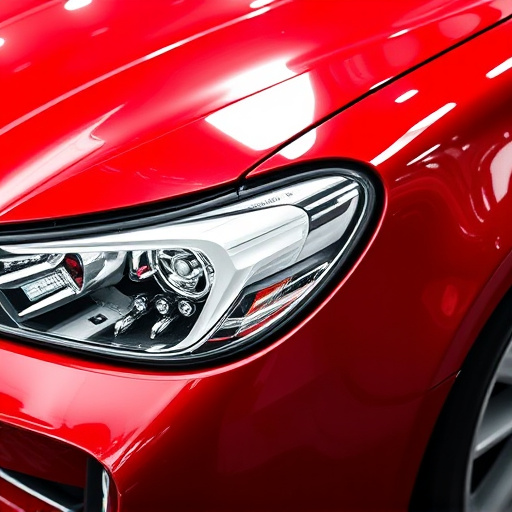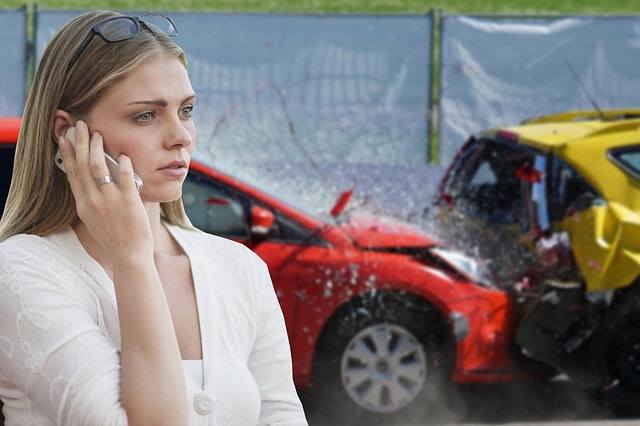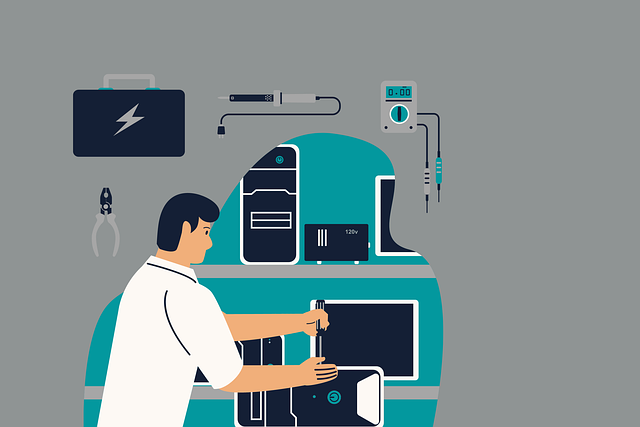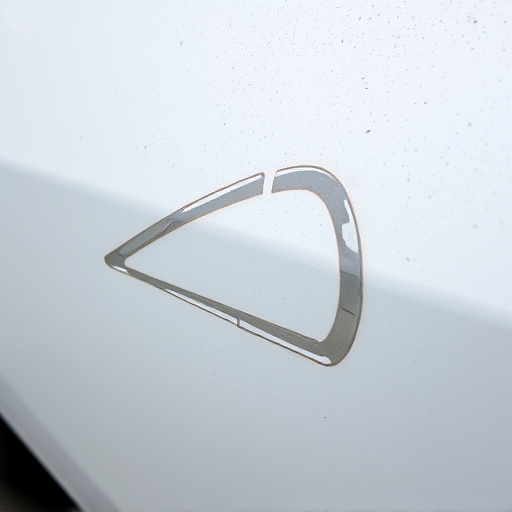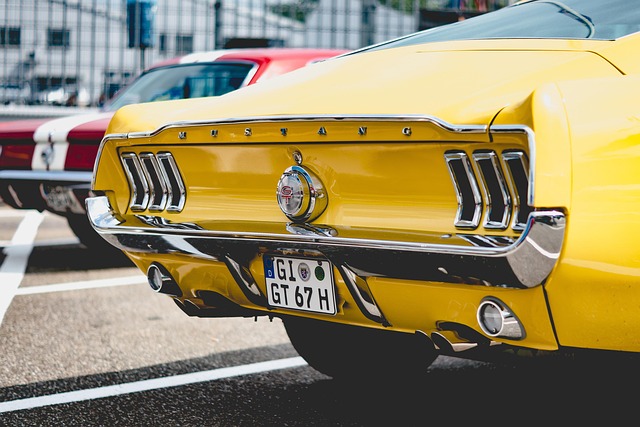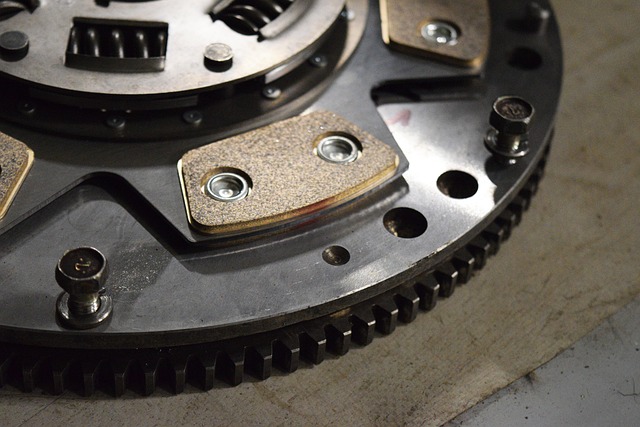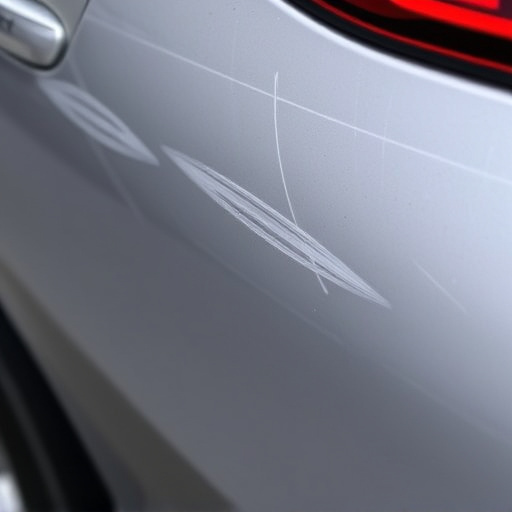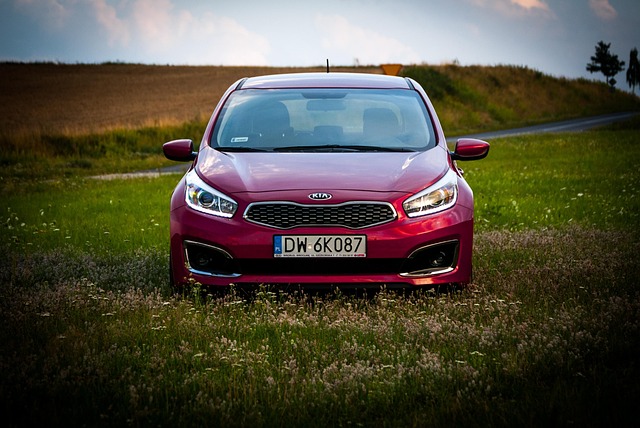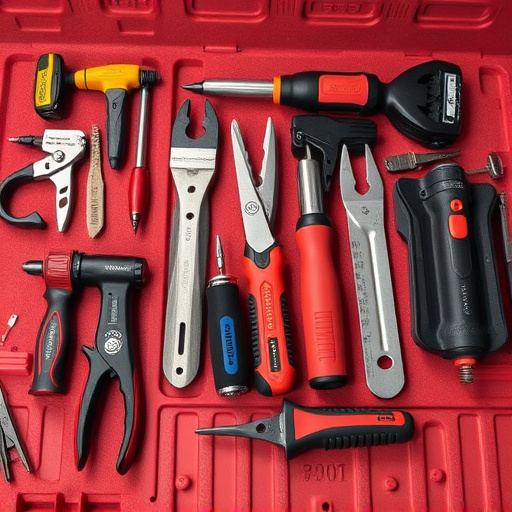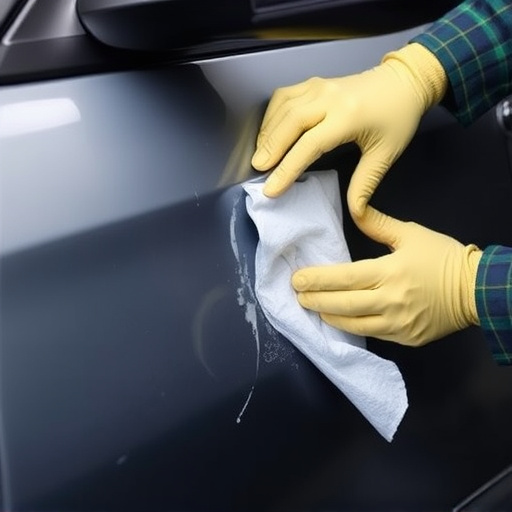Mercedes glass sensor calibration is essential for maintaining peak vehicle performance and enhanced safety systems. These sensors, critical for features like automatic windows and ADAS, can become misaligned or contaminated over time, leading to inaccurate readings. Regular recalibration by auto repair shops ensures accurate detection of glass positions and movements, facilitating seamless integration with electric and safety features. This is particularly important during collision repair to prevent disruptions, ensure optimal performance, and prioritize safety.
Mercedes vehicles rely on sophisticated glass sensors for various functions, from sunroof control to side window adjustments. Proper Mercedes glass sensor calibration ensures optimal vehicle performance and safety. This article delves into the common issues requiring recalibration, including environmental factors, wear and tear, and software glitches. We’ll guide you through understanding these problems, the importance of accurate calibration, and a step-by-step process to ensure your Mercedes’ sensors operate at peak efficiency.
- Understanding Mercedes Glass Sensor Calibration
- – Definition and role of glass sensors in Mercedes vehicles
- – How sensor calibration affects vehicle performance
Understanding Mercedes Glass Sensor Calibration
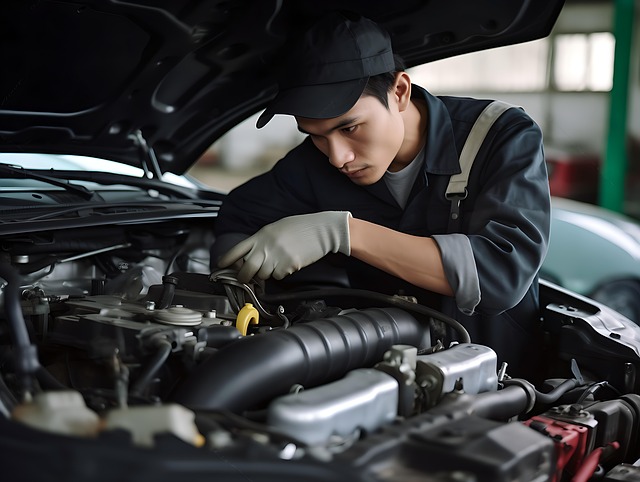
Mercedes glass sensor calibration is a critical aspect of maintaining optimal vehicle performance and safety systems. These sensors, strategically placed in your Mercedes, play a pivotal role in various functions like automatic window operation, sunroof control, and advanced driver-assistance systems (ADAS). Over time, these sensors can become misaligned or contaminated, leading to inaccurate readings and potential issues with their functionality.
Proper calibration ensures that the sensors accurately detect the position and movement of glass components, enabling seamless integration with your Mercedes’ electric and safety features. An auto repair shop specializing in automotive collision repair can perform this recalibration using specialized equipment, ensuring your vehicle’s glass sensors operate at peak efficiency. This process is essential to prevent any disruptions or complications in the vehicle body repair process, ultimately enhancing both performance and safety.
– Definition and role of glass sensors in Mercedes vehicles

Mercedes vehicles are renowned for their advanced technology and safety features, and an integral part of this is the sophisticated glass sensor system. These sensors play a crucial role in monitoring and controlling the operation of windows, sunroofs, and other glass components in Mercedes cars. They ensure smooth and precise control, enhancing both driver comfort and vehicle security. The sensors are designed to detect various parameters like glass position, speed, and pressure, enabling automatic opening/closing and preventing accidents caused by accidental closures or obstructions.
Proper calibration of these sensors is essential for optimal performance. Over time, factors such as environmental changes, wear and tear, or even minor accidents can impact the accuracy of the sensors, requiring recalibration to maintain their efficiency. Mercedes glass sensor recalibration involves adjusting and fine-tuning these devices to ensure they function according to manufacturer specifications, thereby guaranteeing safe and reliable operation. This process is often recommended by professional body shop services as part of regular vehicle maintenance to address issues related to auto frame repair or car dent repair that might affect sensor integrity.
– How sensor calibration affects vehicle performance
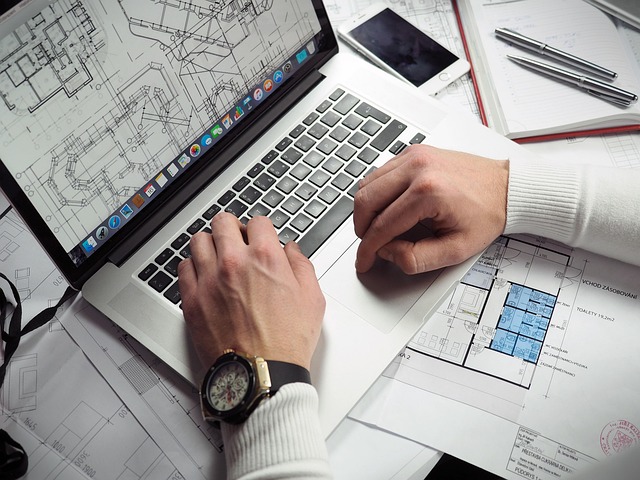
Mercedes glass sensor calibration plays a vital role in ensuring optimal vehicle performance. These sensors are responsible for monitoring various aspects of your car’s operation, from detecting obstacles and controlling cruise control to managing heating and cooling systems. When the calibration is off, it can lead to inaccurate readings, resulting in subpar performance and even unsafe driving conditions. For instance, a misaligned sensor might fail to detect an approaching vehicle, causing the cruise control to malfunction or the airbag system to respond inadequately in an emergency.
Proper calibration ensures that these sensors work harmoniously, enhancing both safety and comfort. It’s akin to ensuring a well-tuned orchestra plays in perfect sync. A calibrated Mercedes glass sensor contributes to smoother braking, more precise steering, and efficient temperature regulation. Moreover, regular recalibration is crucial for maintaining the integrity of your vehicle’s overall diagnostic system, preventing issues that might require costly repairs, such as those involving bumper repair or dent removal.
Mercedes glass sensor recalibration is crucial for maintaining optimal vehicle performance. Common issues such as incorrect fog light activation, delayed windshield wiper control, and inconsistent defroster functionality can be attributed to sensor calibration problems. Regular checks and timely recalibration ensure these sensors function accurately, enhancing safety and driving comfort in all weather conditions. By understanding the importance of Mercedes glass sensor calibration, owners can proactively address potential issues before they impact vehicle operation.
